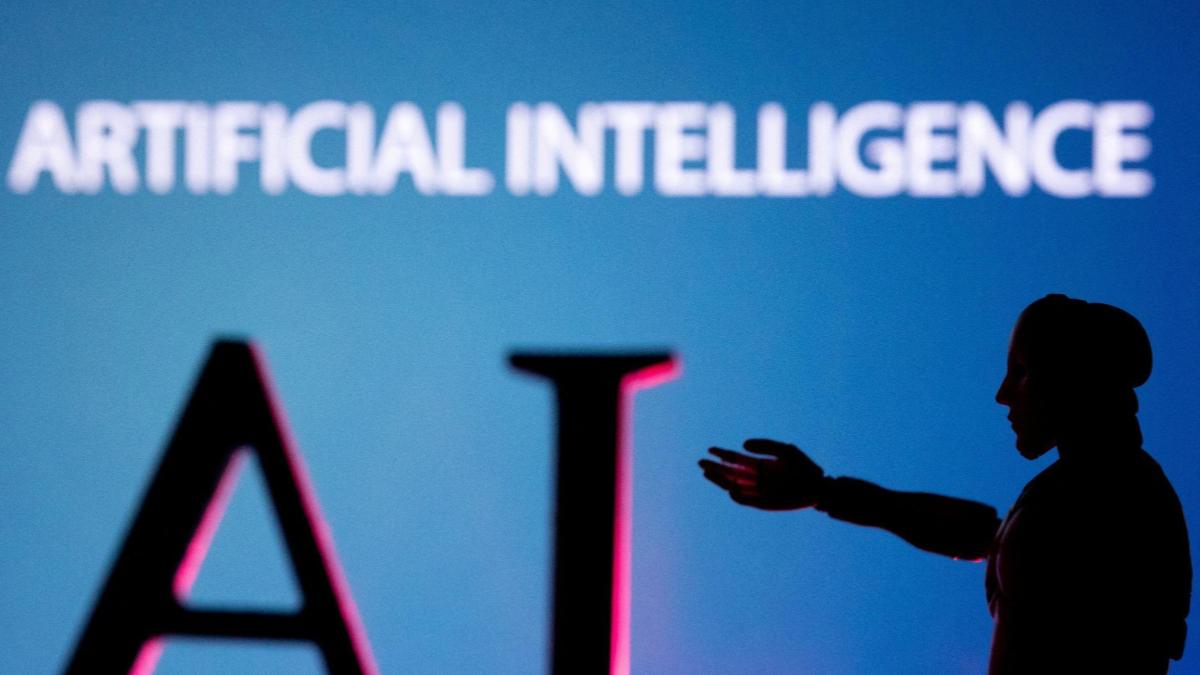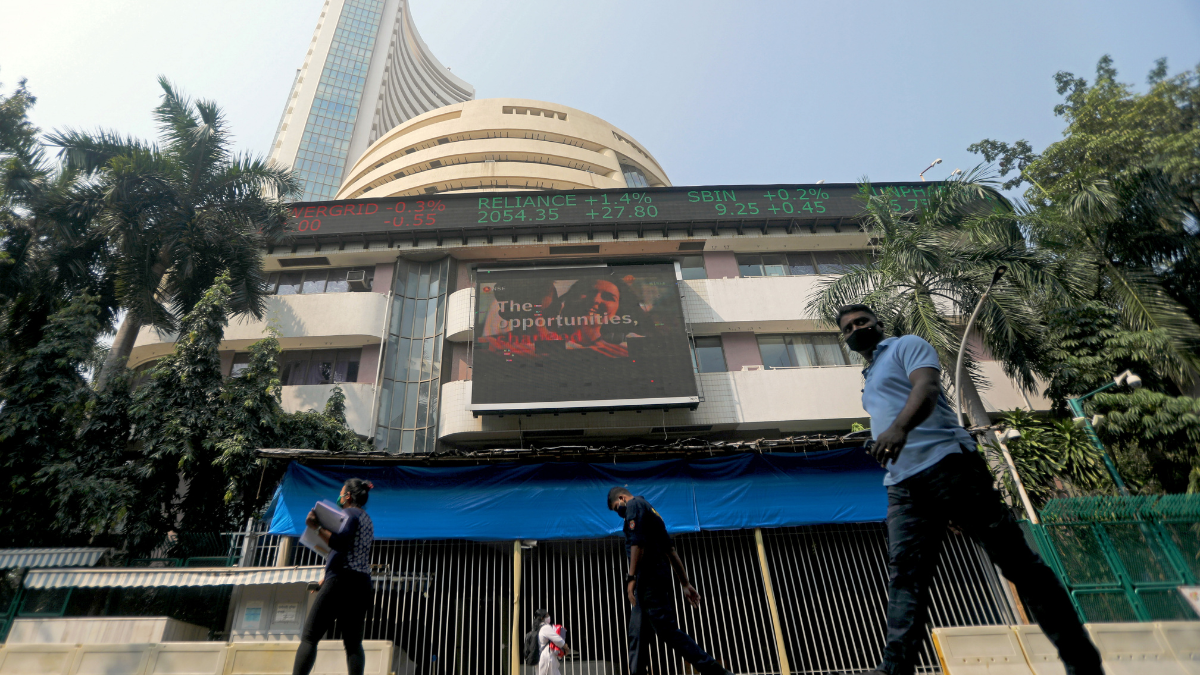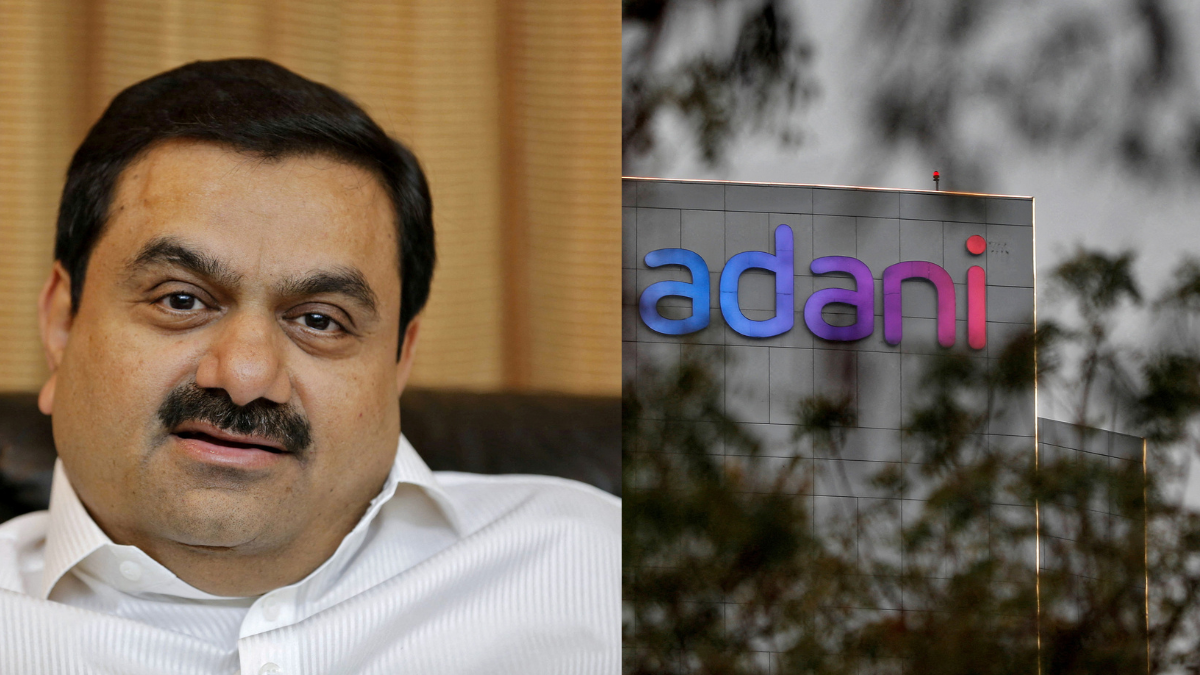By Ameen Jauhar
Last month, the EU successfully ended its long drawn out trilogue process and came to an in-principle agreement on the text of its prospective AI Act—the bloc’s first step towards regulating artificial intelligence (AI). What started as being the seminal piece of AI legislation, has inevitably triggered a global AI regulatory race. We have seen an expansion of voluntary guidelines, more countries joining the ranks in developing national AI principles and strategies, and even efforts towards realising a global treaty in the future. These actions have been catalysed by the almost inexplicably accelerated rate of AI innovation, which has seemingly defied the expectations of even the most optimistic technocrats. Where does India stand in terms of AI governance?
Anyone following the law and tech space in India must have heard the name of this proposed law. The Act has been touted as the Information Technology Act 2.0—a statute that will overhaul antiquated ideas around intermediaries and “safe harbour”, e-governance, and cyber offences currently stipulated in Indian law. Additionally, it also intends to bring more contemporaneous issues within legal regulation. Particularly,MoS MeitY Rajeev Chandrashekhar has stated on many occasions that the DIA will regulate AI in India. However, in the absence of any draft of these provisions, it is anyone’s guess what this could entail. My two cents are that India will steer clear from both the EU and US models, thus, ruling out any omnibus AI law, or targeted regulation of certain high-risk use cases of AI, respectively. Instead, the DIA will seek to codify responsible AI principles which were published by NITI Aayog in 2021, and transform them into specific legal obligations. It is also likely that with these overarching codification of obligations, there will be greater nuance through sectoral regulations, as well as industry guidelines and standards, especially on safety (like minimising bias, false positives and false negatives, and promoting transparency in design and development).
Sectoral regulators
Despite the hype and expectation around the DIA, there is conspicuous absence of an end date regarding its enactment. The persisting vacuum will ensure that sectoral regulators and governmental ministries also jump in the fray and draft more targeted regulations for responsible, human-centric AI adoption within their respective domains. The inclination to empower sectoral experts to determine and mitigate the actual risks of AI systems within their ecosystems is finding credence in other jurisdictions too, particularly in the UK. There, the British government published a white paper in the summer of 2023, which flagged the importance of developing capabilities within existing sectoral regulators to establish guardrails for mitigating AI risks, and effectively overseeing the deployment of such technologies. India will likely follow suit. Particularly, I predict definitive action from the RBI regarding the use of AI systems in financial services and also from governmental departments on safety of AI users and consumers through adequate grievance redressal. Also, given the alacrity of the Indian judiciary on integrating AI systems in courts, coupled with emerging instances of problematic usage (like a judge relying on ChatGPT for legal research), the e-Committee(ies) will also need to address this in some form of guidelines.
Facial recognition and predictive policing
The recently passed new criminal laws in India, among other things, had one disconcerting commonality—despite the ubiquitous insertion of sophisticated technologies into different aspects of law enforcement and policing, these statutes fail to address critical legal issues entailing from this modernisation. Specifically, facial recognition technology (FRT)—presently used by over twenty states—is not legitimised or regulated. FRT has been documented as a high-risk technology which can dangerously imperil the fundamental rights of individuals (like freedom of speech, due process, right to privacy, to name a few). The fact that the use of FRT is presently not sanctioned under the new laws itself presents a real constitutional challenge to its legality. What seems clear though is the government’s intent to leave these issues untouched and to address them, on a case by case basis, in any prospective litigation.
India’s role in global efforts
Between the Delhi Declaration at G20 and the GPAI Ministerial Declaration, India has showcased itself to be a deft negotiator of contentious issues. However, this needs to go beyond posturing and jostling for titles. The EU is strongly favouring a return of the Brussels effect, where its AI Act will impact the global discourse on AI governance, as it did with data protection. Yet, it faces many opposers, even within its allies. India is in the unique position of being part of different multilateral affiliations and needs to take advantage of this to push for global, or at least regional consensus on core principles of AI governance and regulation. The declarations are the first step, it is imperative that they be translated into a more action-oriented approach.
Ameen Jauhar,Senior resident fellow and team lead, Vidhi Centre for Legal Policy
Views are personal




